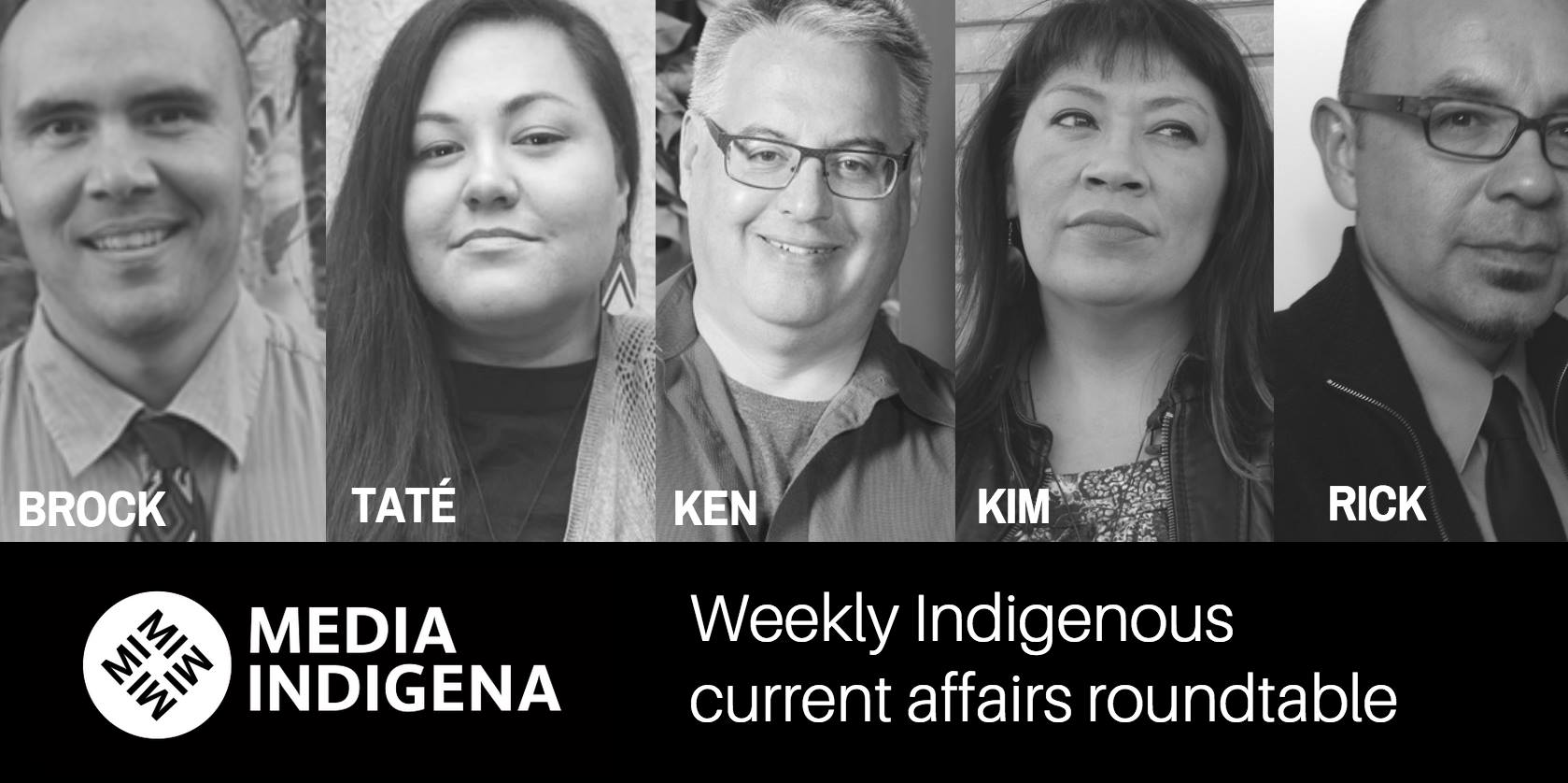Ep. 136: Why Decarbonization and Decolonization Go Hand-in-Hand
Twelve years. According to a new report from the UN-backed Intergovernmental Panel on Climate Change (IPCC), that's how long we have to act both decisively and radically concerning the climate if we are to keep life viable for much if not most of humanity. Here's another number: 1.5 degrees Celsius. According to the same IPCC report, that’s the maximum increase in average world temperatures, relative to pre-industrial levels, that our planet can sustain before it will simply be unable to sustain us. That’s the bad news. But believe it or not, there is good news here too: many say keeping our planet below 1.5 is not only achievable, but realistic, though it will require a scale and scope of change that is simply unprecedented.

